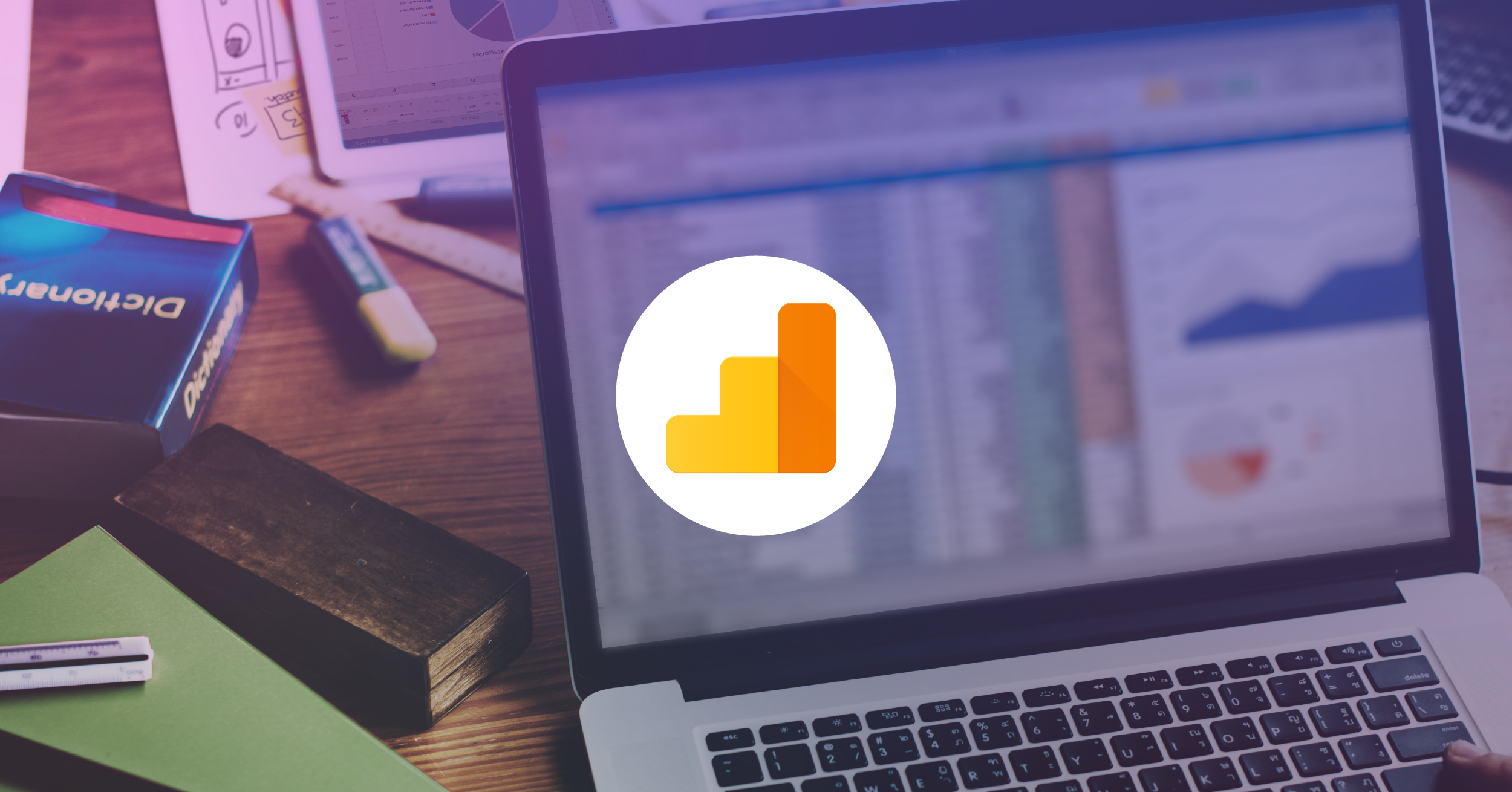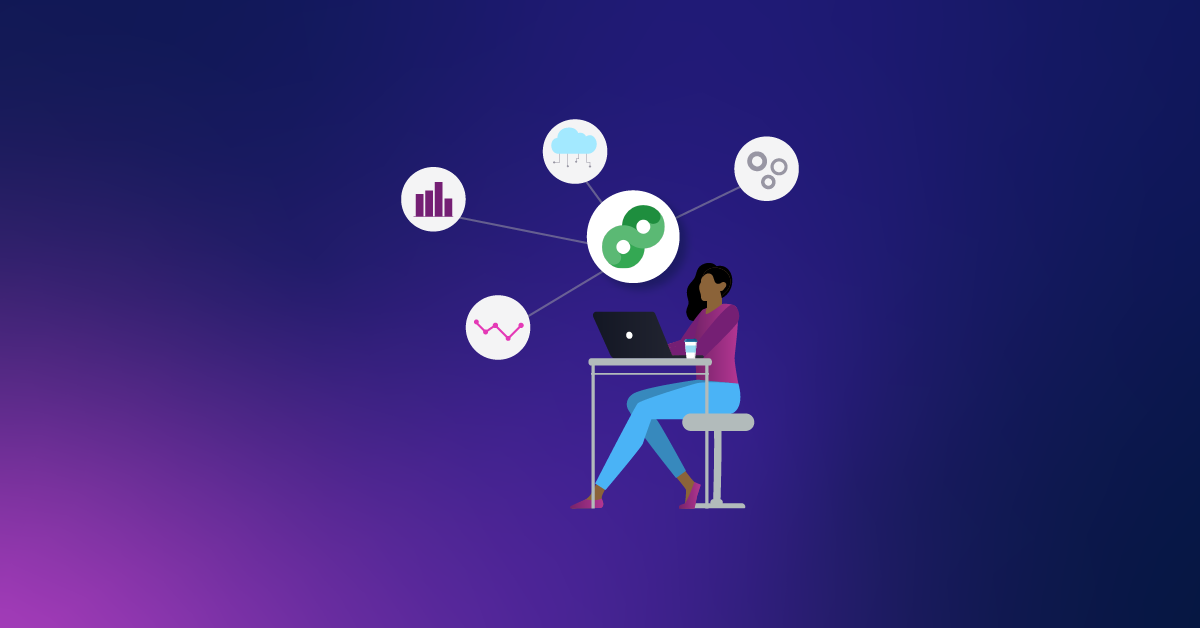Conversion Vs. Conversion Rate
Why does conversion *rate* matter anyway?
All that seems to matter are conversions: How many sales you made, how many leads you gathered, how many people met their needs on your web site. So why (and when) does anyone care about the rate of conversion? After all, if the New York Times linked to your site, you’d have a lot of extra traffic, but it might not be well-qualified. All those extra visitors would increase the denominator of the conversion ratio, but there might only be a couple of extra sales. Your conversion rate would probably plummet during that time period — but you made extra money. So why care about rate instead of absolute conversions?
There are some specific (and very common) situations and mindsets that cause website owners to care about the conversion rate:
When you are paying by the click (e.g. Google AdWords). If you pay a dollar a click, for example, and you get 5000 clicks, that’s $5000. Let’s say your average order size is $25. If your conversion rate is 2%, that translates into 100 orders, or $2500. So you lost money on the deal — because your conversion rate is too low (and because you are paying too much for the click, when the average ticket is only twenty-five bucks.)
When you are working with affiliate marketing. There are probably affiliate marketers who charge by the click (see above.) But most of the affiliate deals we see are pay per action — you pay Shopzilla or Pricegrabber or whomever for the conversion or for the lead. So why care about rate — after all, you only pay when the customer converts! The problem arises when affiliates see lots of traffic going to your site, but not lots of money coming back to them. They aren’t happy, they will want to cut better deals with your competitors. Likewise, if you have a great conversion rate, they’ll want to do special favors for you.
When you are getting traffic from organic search. It’s true that the traffic is free, in the sense that you don’t have to pay for each click. But whether you pay an SEO firm or an internal employee, your are probably paying *someone*. That’s an investment, and you want the highest return you can get on that investment – so the higher your organic conversion rate, the higher your ROI.
When you are paying for online PR. You might get lucky and get a link from the NYTimes, or better yet, your story might get picked up by the blogosphere, then picked up by the mainstream media, and you’ll be on CNN by nightfall. Those are the stories we hear about. Most of the time, creating your own buzz is a lot of hard work. Time equals money, so you can apply the same logic here as we did to SEO: the higher the conversion rate, the higher the ROI.
In fact, you could reasonably argue that the only forms of traffic that are “free” are referring links – sites that link to yours because they like your site — and bookmarked or typed in traffic. The latter group is often repeat users, and depending on your product, should have one of the highest conversion rates of all your segments.
And that’s why everyone cares about conversion rate.


